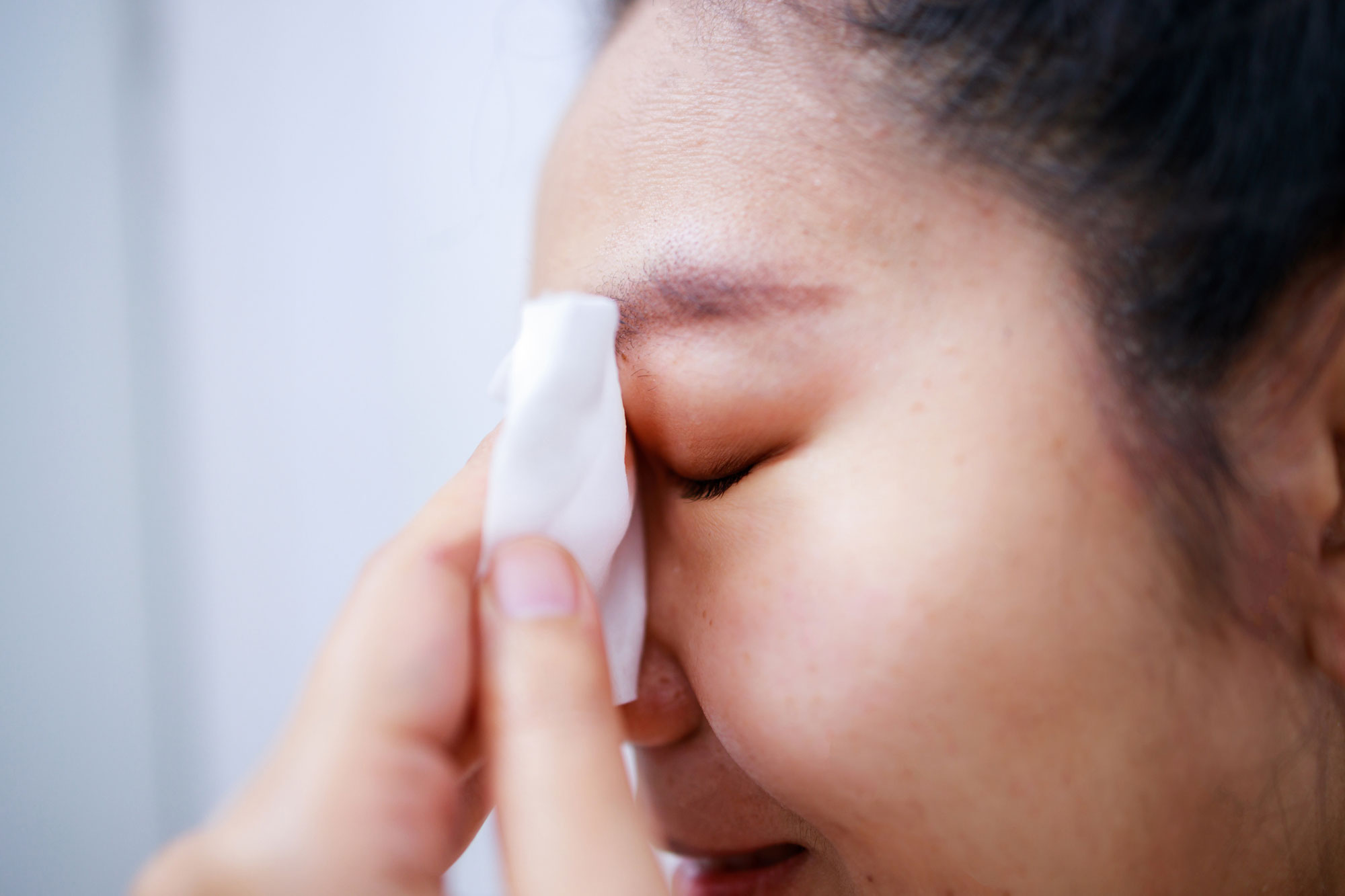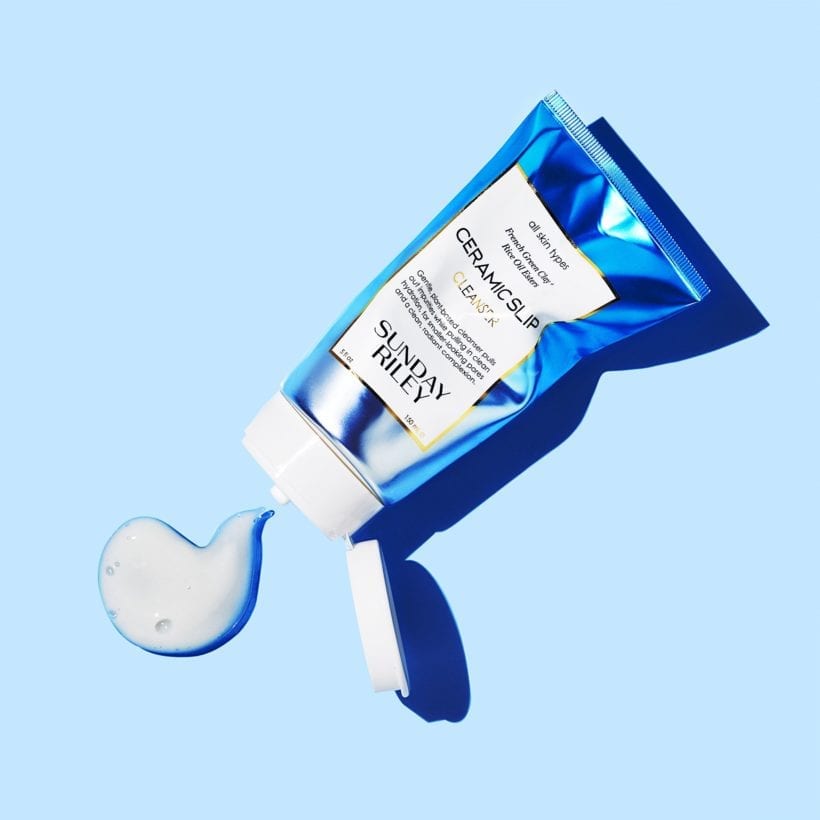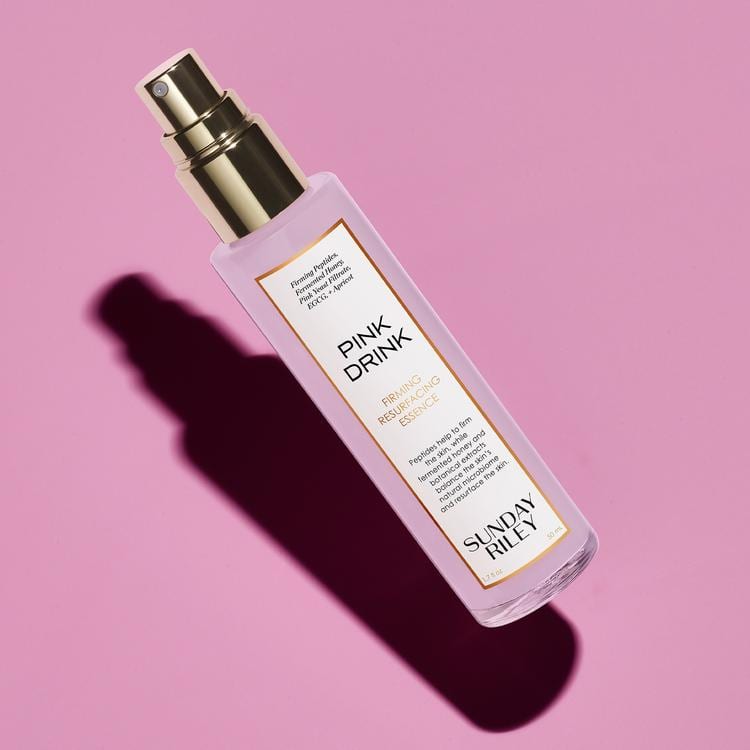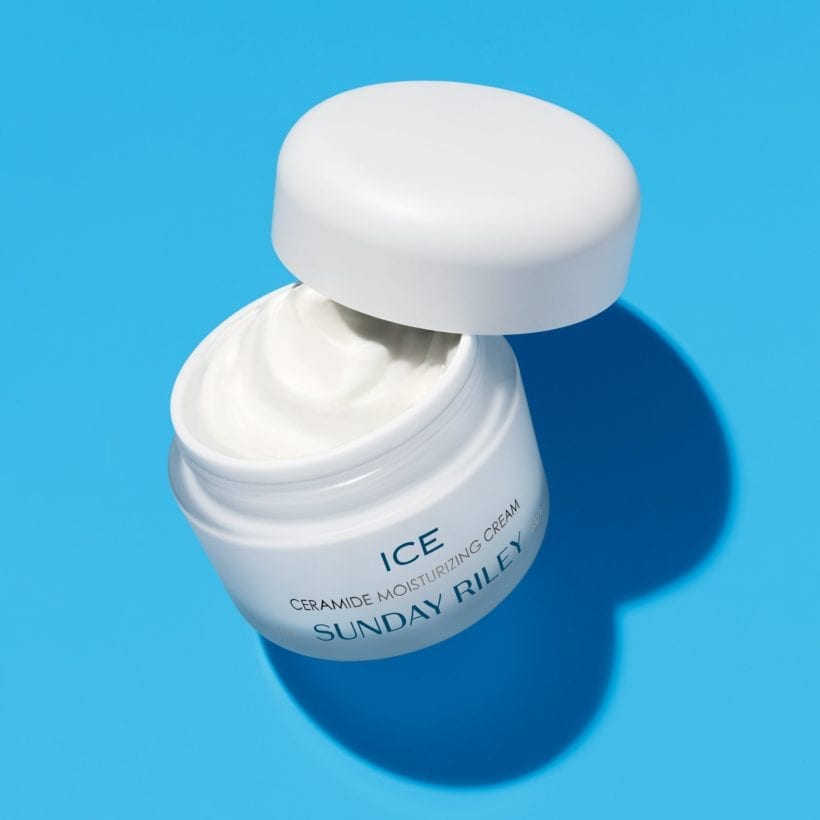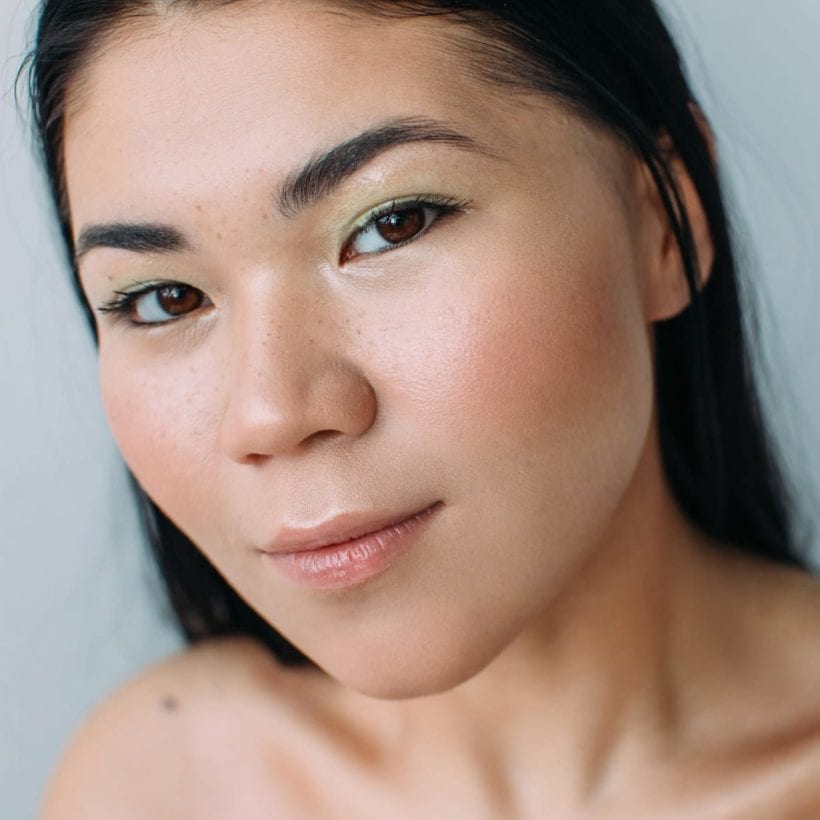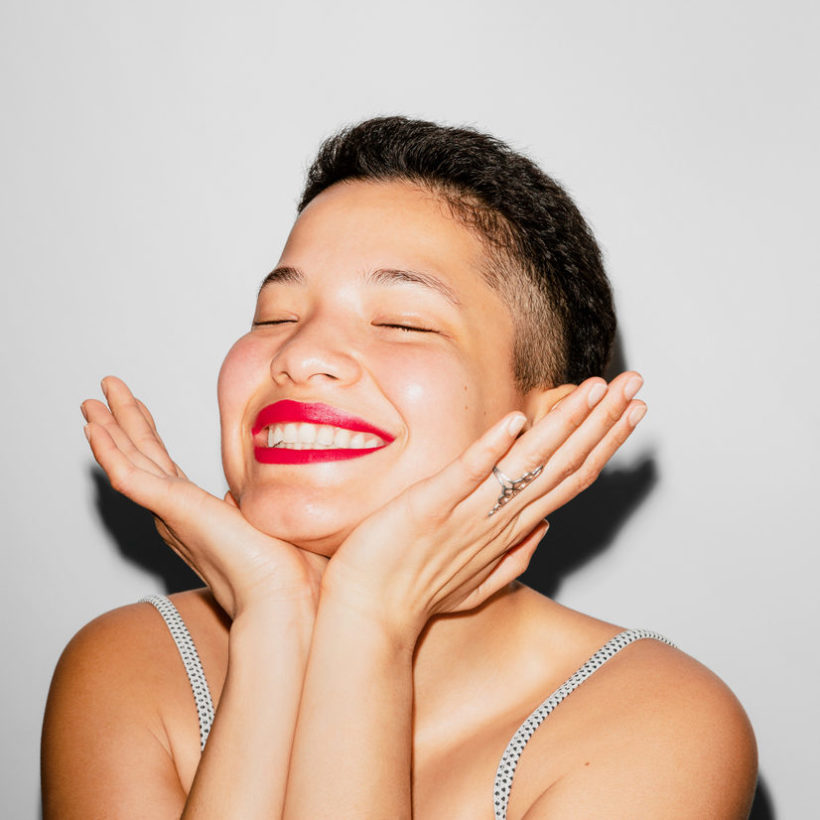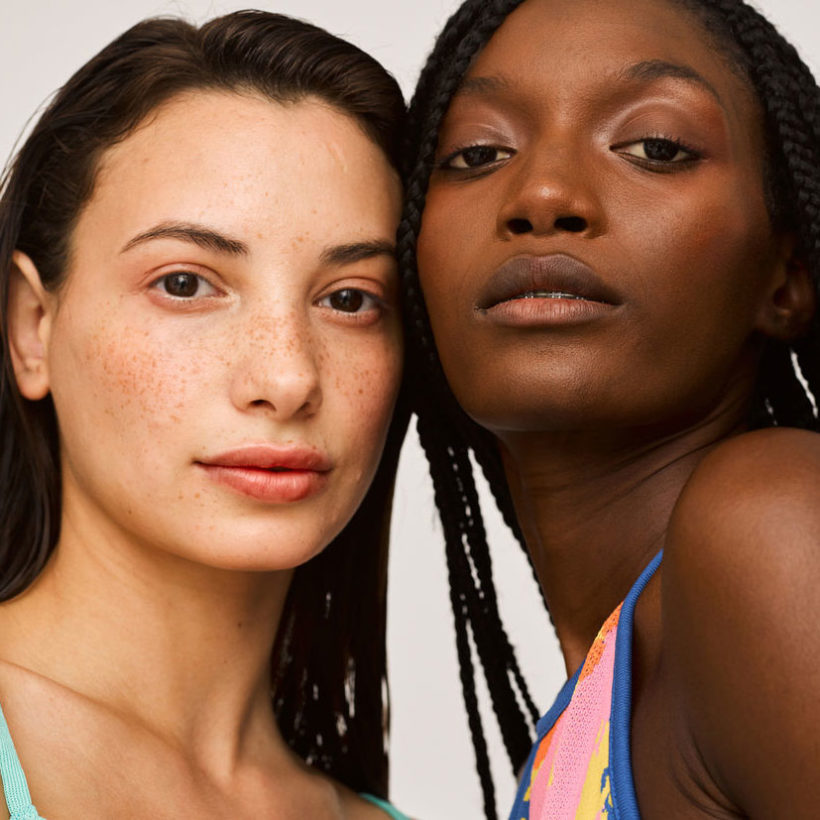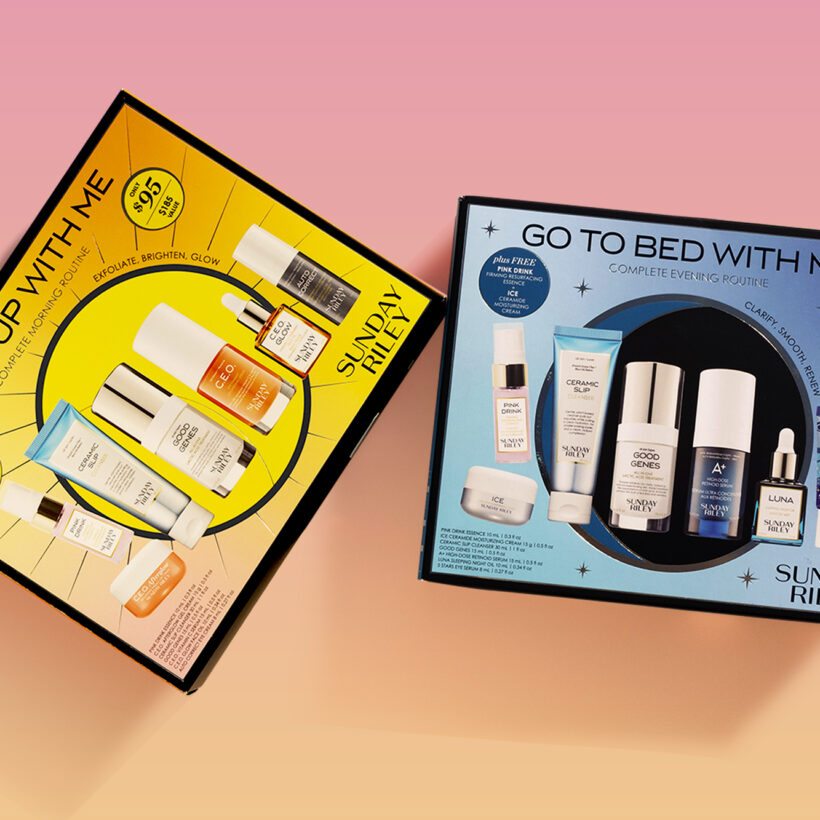If you’re on top of your skincare routine, you probably spend a decent portion of your day ensuring that your skin is clean, hydrated, and getting the TLC it needs. If so, kudos. But even skincare aficionados forget that your skin works the hardest during nighttime hours, so ensuring optimal sleep is vital to skin health.
We’ve all heard of the phrase “beauty sleep,” which truthfully holds a lot of meaning, according to Brendan Camp, M.D., a dermatologist at MDCS Dermatology. “Not only does a lack of sleep lead to disruptions in the body’s circadian rhythm, but skin health is directly affected by changes in melatonin production,” he explains. “Changes in the body’s production of the hormone melatonin have been associated with hair growth, lessening of ultraviolet (UV) damage in skin cells, wound healing, and anti-tumor effects.”
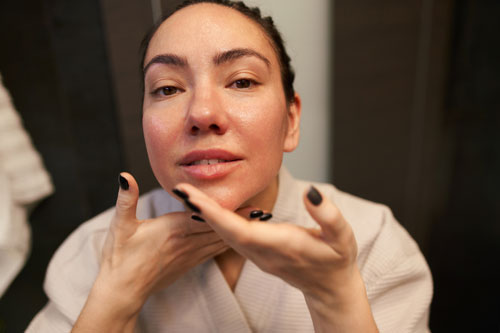
All those night creams you’re told to slather on just before bed are hard at work while you’re at rest. This is because skin regeneration is at its peak between 10 p.m. and 2 a.m., according to Dendy Engelman, M.D., cosmetic dermatologist and Mohs surgeon at the Shafer Clinic. “When the body is in deep, restful sleep, the skin can focus on restoration, during which skin’s cell turnover and renewal increases and the rise in growth hormones in the body allows damaged cells to repair themselves,” she says.
Meet the Experts
Brendan Camp, M.D., is a Manhattan-based dermatologist at MDCS Dermatology.
Dendy Engelman, M.D. is a cosmetic dermatologist and Mohs surgeon at the Shafer Clinic.
Marisa Garshick, M.D. is a dermatologist at Medical Dermatology & Cosmetic Surgery (MDCS) in New York.
The body’s hydration also rebalances while you’re sleeping, Dr. Engelman points out, allowing the skin to recover moisture while excess water is processed for removal. “A lack of quality sleep prevents these processes from happening and also results in poor water balance, which leads to puffiness, under-eye circles, and rapid aging,” she says.
The good news: Changing up, or at least refining, your sleeping habits can make a huge difference in the health and quality of your skin. Here, dermatologists share some skincare mistakes you might be making while sleeping — and what to do instead.
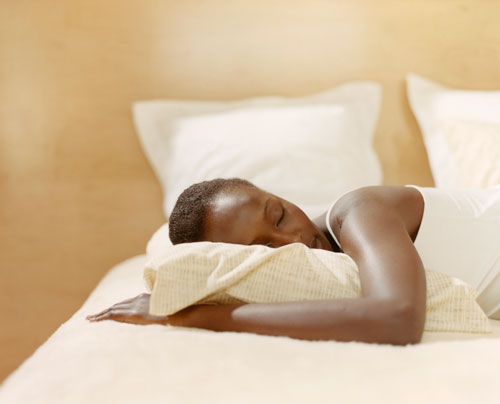
You’re staying up until all hours of the night
Staying up late might not initially equate to poor skin health, but over time, it certainly can, notes Dr. Engelman. “Not getting enough or quality sleep will prevent our bodies from going through its natural rejuvenation processes, which can lead to lower skin quality and accelerated aging,” she says. “Not getting enough sleep also leads to unwanted visible side effects like puffiness, dullness, dark circles, and more.”
You’re sleeping on dirty pillowcases
You might not think you’re all that dirty while you sleep, but your pillow case shows otherwise. “At night, skin oils, bacteria, sweat, saliva, and the residue of skin care products applied the night before accumulate on your pillowcase,” says Dr. Camp. “Just run your hands across the pillow’s surface after sleeping on it for a few nights; you can feel the difference in texture where your face has been and where it hasn’t sullied the fabric.”
He recommends flipping your pillow midweek, then changing your pillowcase out entirely at the end of the week. If you have oily skin, you might want to consider changing your pillowcases more often to prevent breakouts.
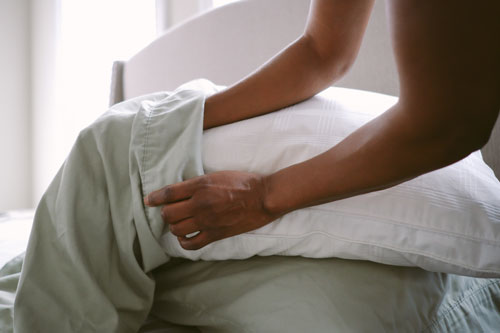
You’re sleeping face down
As comfortable as it might be sleeping face down on your belly, “repeated tugging or squishing over time due to certain sleeping positions can contribute to fine lines and wrinkles,” says Dr. Engelman. For this reason, she recommends that her patients try to sleep on their backs and use bedding made from lower-friction fabrics, like silk or satin, which are less likely to tug on the skin. “Silk or satin sheets are also better for improving skin clarity because the less absorbent fabric won’t harbor as much oil, bacteria, or excess product as more absorbent fabrics like cotton,” she adds.
You forgot to wash your face before bed
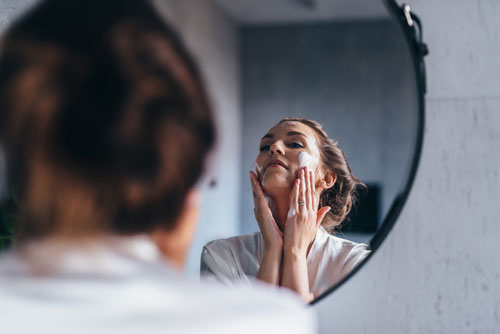
You probably know that sleeping in your makeup is a major skincare no-no, but not washing your bare face, even if it’s not visibly dirty, is also a major no-no. “Washing your face after a full day removes skincare products, sunscreen, and any accumulated impurities, which is so important because when those substances sit on your face overnight, they can cause acne, irritation, and premature aging,” says Dr. Engelman. No matter how tired you are, she recommends making sure that you at least cleanse your face. “If you don’t have time for a multi-step routine or applying actives, I recommend at least rebalancing your skin’s pH before you sleep by applying a gentle toner,” she adds.
You didn’t moisturize at night
“Our skin’s defenses are lower at night, and we experience greater moisture loss through the skin (transepidermal water loss), so it’s important to counteract this as much as possible. Otherwise, you may wake up with dry, dehydrated skin,” says Dr. Engelman. “For many people, a hydrating serum and moisturizer should help.”
You’re not using a humidifier
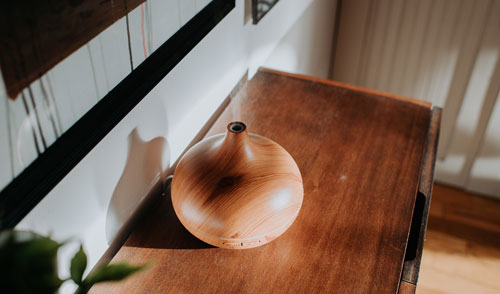
One device that nearly all dermatologists swear by is a humidifier. Not only do these hydrating devices help keep you less sniffly when you’re sick, but they also help reduce transepidermal water loss so that you wake up with more hydrated skin. “The Canopy Humidifier is my favorite because it’s mist-free and mold-resistant, so you know you’re not inhaling any potential contaminants or allergens,” says Dr. Engelman.
You’re neglecting your chest or décolleté area
“Particularly for side sleepers, the chest can be prone to wrinkle development as a result of creasing,” says Marisa Garshick, M.D., a dermatologist at Medical Dermatology & Cosmetic Surgery. She recommends slathering up that area with ultra-hydrating ingredients like ceramides (found in Sunday Riley Ice Ceramide Moisturizing Cream) and hyaluronic acid and using pillows and patches that are designed to help minimize the potential for wrinkle formation.
We only recommend products we have independently researched, tested, and loved. If you purchase a product found through our links, Sunday Edit may earn an affiliate commission.
